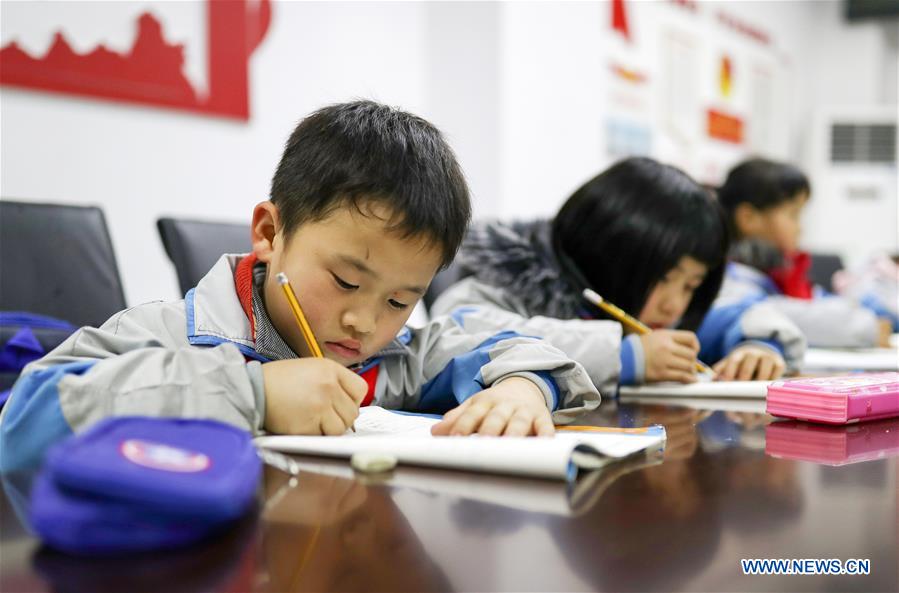New department to regulate tutoring
By ZOU SHUO | China Daily | Updated: 2021-06-18 09:01

The Ministry of Education has established a new department to regulate extracurricular tutoring schools, aiming to reduce the excessive academic burden on students.
Setting up the new department showed the great importance the central leadership attaches to regulating tutoring schools and caring for young students as it reforms the extracurricular tutoring sector, the ministry said.
Its website said the department will regulate tutoring schools for kindergarten pupils and primary and secondary school students and formulate related policies.
It is also in charge of setting up and implementing requirements for the content, hours, teaching qualifications and fees of online and offline tutoring schools.
The launch of the new department comes amid a national campaign to rein in the fast-growing but problematic tutoring industry.
At a meeting of the Central Committee for Deepening Overall Reform last month, the central leadership highlighted the importance of compulsory education in overall national education and urged efforts to regulate off-campus training for primary and secondary school students.
The meeting called for lessening the academic burden on students, as well as comprehensive regulation of private tutoring institutions.
Earlier this month, the State Administration for Market Regulation imposed fines totaling 36.5 million yuan ($5.7 million) on 15 tutoring institutions.
Chu Zhaohui, a senior researcher at the National Institute of Education Sciences, said the setting up of a department to regulate extracurricular tutoring schools shows that the regulatory effort will be a long-term one, with specific people in charge of the process.
Xiong Bingqi, director of the 21st Century Education Research Institute in Beijing, said it shows the authorities' firm resolution to crack down on misconduct by tutoring schools.
It does not mean that the authorities want to ban the tutoring industry, he said, but rather that they are seeking to regulate and reform the sector so that it can return to its original function of offering personalized training to students.
Xiong said more efforts should be made to close down tutoring schools that have not obtained permits and clamp down on misconduct including false advertising, faking teaching experience and inciting a rat race and anxiety among parents and students, and forbidding advanced teaching, he said.
Chu said that further reform of the exam-oriented education system is needed to curb the strong demand among students for after-school tutoring.
Strong regulation alone cannot solve the problem, he said, calling for education resources to be allocated more evenly among different schools.
Schools should also improve their education quality, take the main responsibility for students' education and not push them into tutoring courses, he added.
























